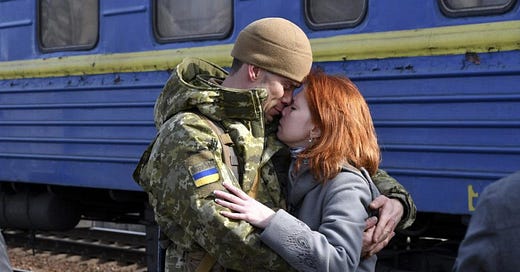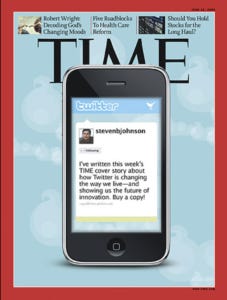The most positive social media story in 10 years
Is this the most positive social media story of our generation?
Like millions around the world, I can't take my eyes off the news coming out of Ukraine. As I write this, the developments are heart-breaking and infuriating, but whatever hope is coming out of the war is being delivered by social media.
At the heart of this crisis, we are witnessing the most important and positive social media story in 10 years.
The first global star turn for social media was the Arab Spring 10 years ago. A wave of pro-democracy protests took place in the Middle East and North Africa beginning in 2010 and 2011, challenging some of the region’s entrenched authoritarian regimes.
The wave was enabled by social media and the world took notice. For the first time in history, ordinary people could instantaneously coordinate efforts across cities, nations, and even continents. Social media was creating dramatic social change.
The world watched in fascination as street-level stories from people on the scene flooded the news. Twitter landed on the cover of Time magazine for the first time.
And now Ukraine has elevated social media and citizen storytelling to the center of the news cycle once again.
Ukraine on our phones and in our hearts
I'm trying to imagine how the unprovoked invasion of Ukraine would have been reported in a pre-social media world. A generation ago, these stories would have been filtered through stuffy ministries of foreign affairs and network TV reporters miles from the real action.
We wouldn't be seeing the raw, heroic stories of citizen soldiers being reported through Ukrainian smartphones. The selfie-style images of Ukraine's president urging his nation to fight will become iconic symbols of this decade.
Street-level stories on YouTube, Twitter, and TikTok are changing history.
In barely three days, Russia has become an international outcast, its economy is collapsing, and its leader is finding himself with fewer and fewer foreign friends. The actions against Moscow are happening in diverse, far-reaching ways that are remarkable examples of our hyper-connected world.
Through social media, large crowds in cities around the world have coordinated protests, aid efforts, and refugee relief. Russia's ability to bank internationally has been curtailed. Its participation in major international sports is crumbling. Its planes are restricted over Europe. Its vodka is no longer welcome in many U.S. states. Even Switzerland, whose very name is shorthand for neutrality, is carefully turning its back on Vladimir Putin.
Much of this support is symbolic, but social media is also enabling change in important, tangible ways. Mykhailo Fedorov, Ukraine's minister of digital transformation, wrote to Elon Musk on Twitter to ask for Starlink stations to help support the country's fractured internet service. Two days later the terminals arrived safely in Ukraine.
The world coalesced quickly around the Russian invasion almost entirely because of citizen stories. We don't know the outcome or the ultimate toll on human suffering, but at least in this moment, we are witnessing an unprecedented near-global unity that will go down in history as the most important and positive social media story of our time.
I appreciate you and the time you took out of your day to read this! You can find more articles like this from me on the top-rated {grow} blog and while you’re there, take a look at my Marketing Companion podcast and my keynote speaking page. For news and insights find me on Twitter at @markwschaefer and to see what I do when I’m not working, follow me on Instagram.







